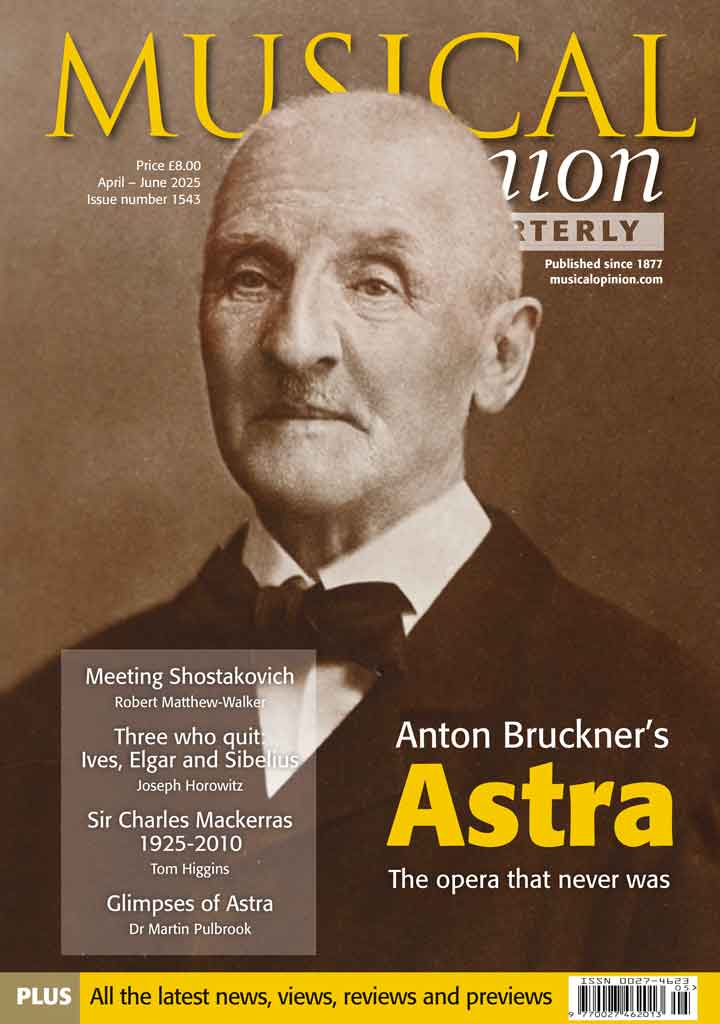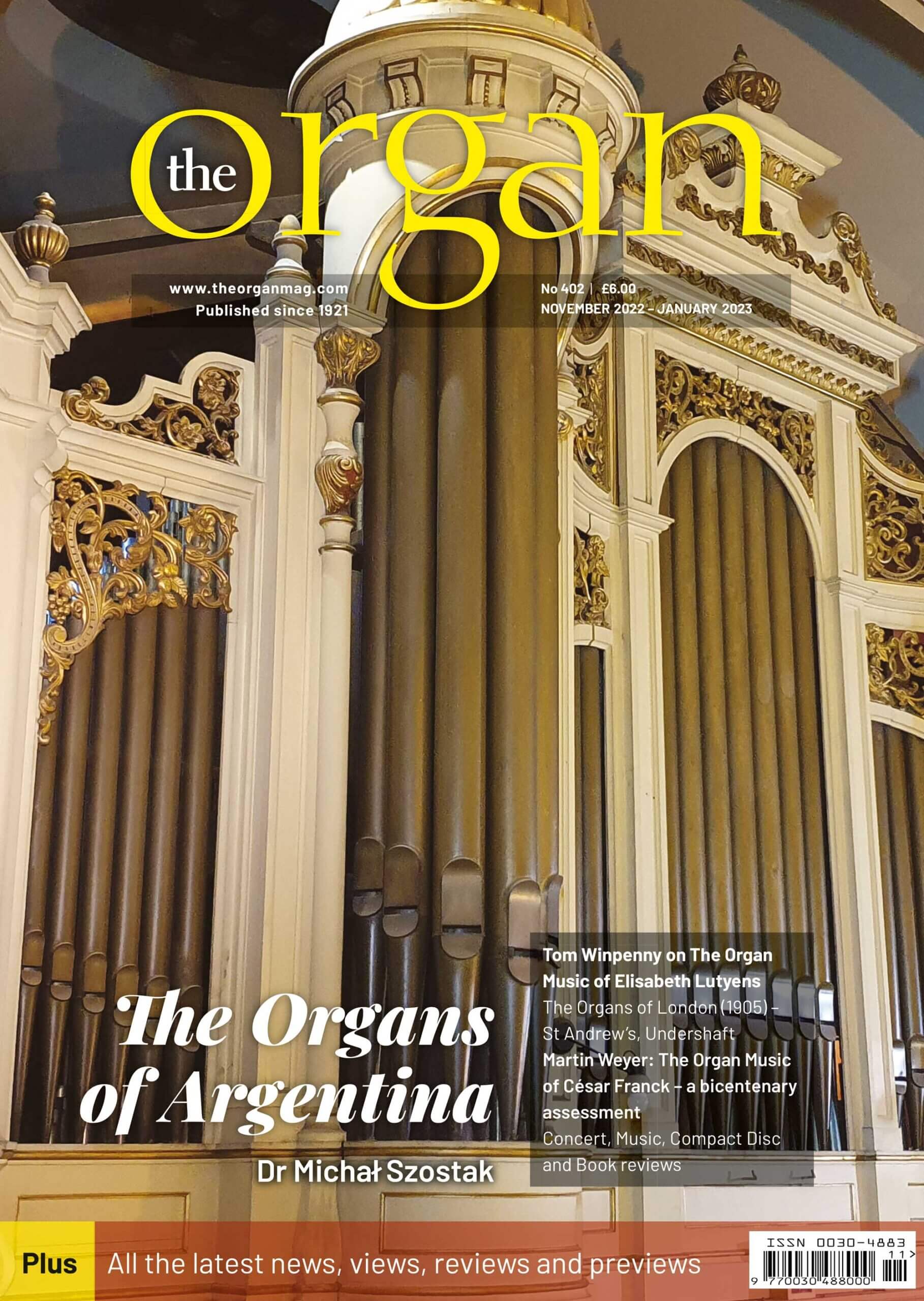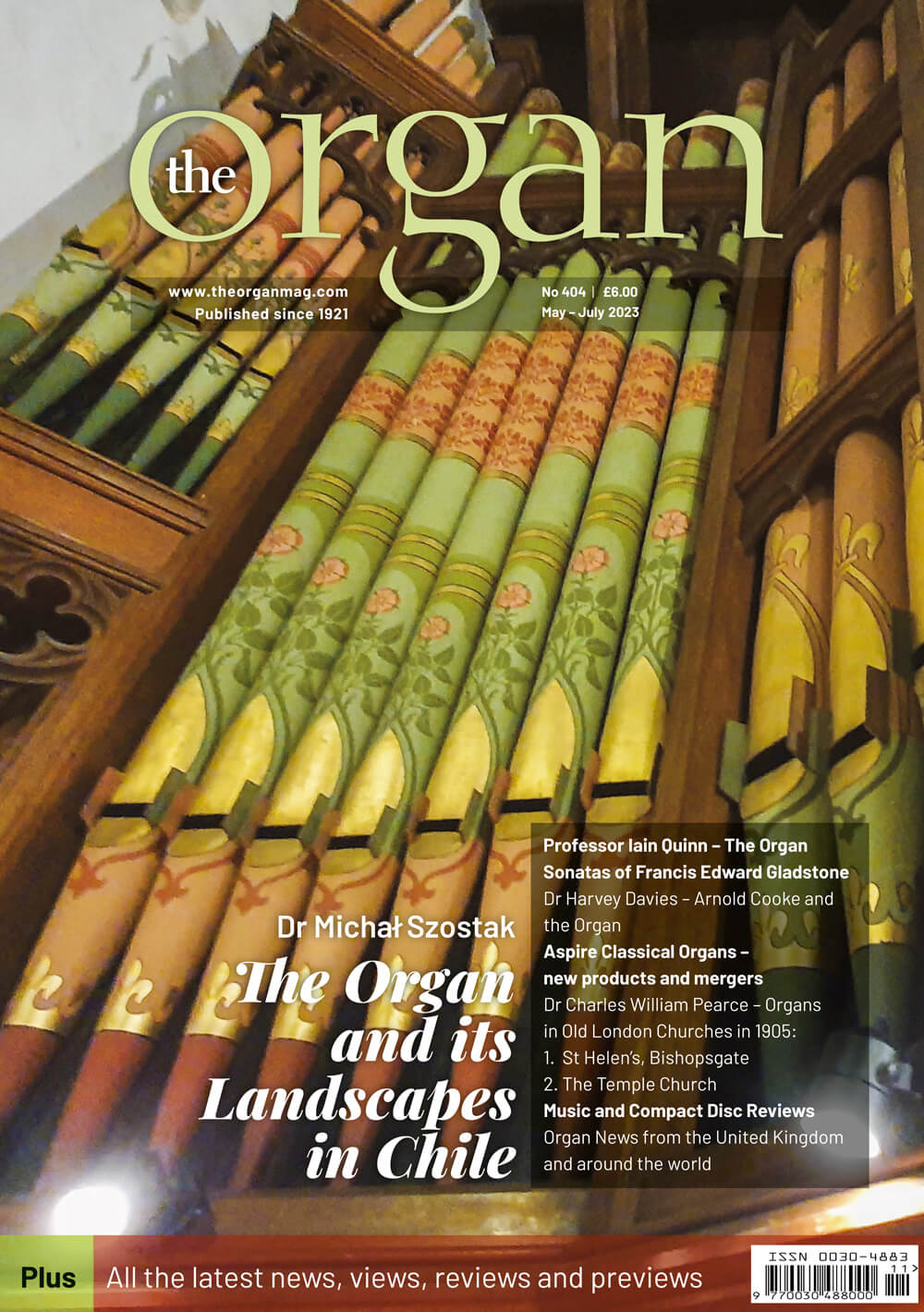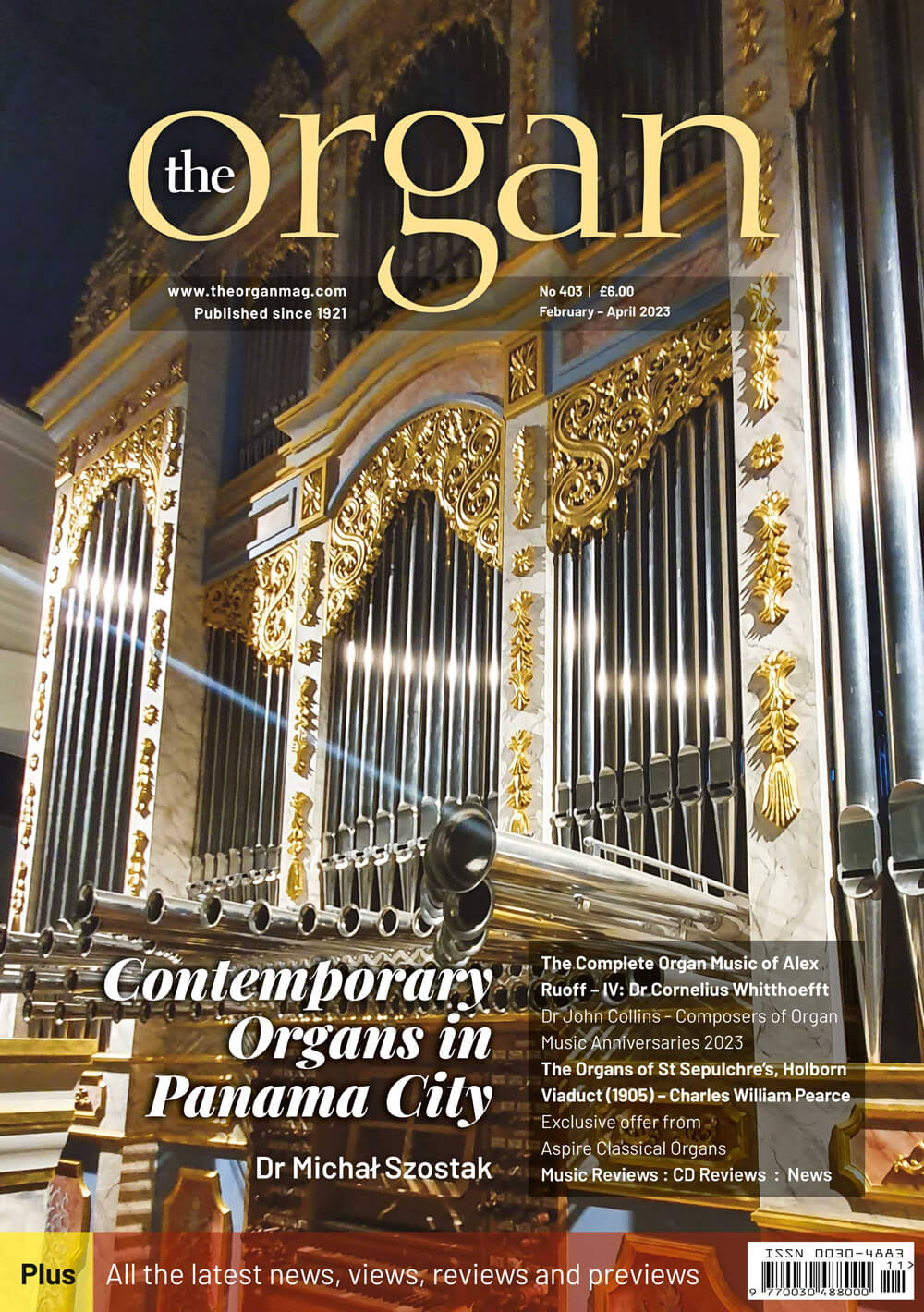

Current Issue
Reviews
Munich Bavarian State Opera – Donizetti: The Daughter of the Regiment
The last new production of Donizetti‘s opéra-comique La Fille du régiment at the Bavarian State Opera was in German (as Die Regimentstochter) and dates from September of 1935. The nearly 90-year gap is at least partly due to a general rejection in Germany of anything...
Handel: Jephtha: Royal Opera House, London
‘That whatsoever cometh forth of the doors of my house to meet me, when I return in peace from the children of Ammon, shall surely be the Lord’s, and I will offer it up for a burnt offering.’ Such is the vow of Jephtha, the eponymous hero of Handel’s final Oratorio....
Britten: Death in Venice
Marx in London!
Scottish Opera Glasgow – Jonathan Dove: Marx in London! This opera was first heard at the Stadttheater Bonn in 2018 in a staging by Jürgen R. Weber in commemoration of Marx’s 200th anniversary. Weber’s production is a satirical account of one day from Marx’s life in...
Berlin Staatsoper unter den Linden – Wagner: Tannhäuser
What happens when an opera house asks a ballet dancer and choreographer with her own dance company to produce an opera? There is a lot of ballet where normally there is not, and there is hardly any Personenregie. Tannhäuser has a place for ballet, normally given to...
The Ring Cycle in Sofia, Bulgaria
Parsifal Parsifal was the sixth Wagner opera to be produced at the Sofia Opera by Plamen Kartaloff in his mission to develop a Wagnerian tradition in Bulgaria. First staged in 2015, the preparation for the opera was assisted by Richard Trimborn. Kartaloff believes...
ENO – Rhinegold
Wotan may be a god, but he never strikes me as the brightest button in the box. His decision to give away Freia as payment to the giants for Valhalla, his castle in the sky, has clearly not been thought through. So too is the Arts Council’s decision to uproot English...
Bari – Teatro Petruzzelli: La Traviata
Is it possible the there is one Musical Opinion reader who has never seen La Traviata? And maybe is it also possible this reader has not formed an opinion about the central character before even seeing the opera? And maybe this reader also has a great degree of...
Opera North: Rigoletto
If you stroll around the ever-expanding Salford Quays complex these days, you will see a very different Media City to the one when the Lowry Theatre first opened more than 20 years ago. BBC and ITV studios, hotels, bars, restaurants, apartment blocks, trams and an...
New Recital Series at Leighton House from Lisa Peacock Concert Management
Lisa Peacock Concert Management Ltd announces the greatly anticipated appearance in London of Juan Pérez Floristán, Gold Medallist of the Arthur Rubinstein International Piano Master Competition 2021 in music by Chopin, Liszt, Wagner/Liszt and Beethoven on Saturday...
Explore By Topic
Guest Editorial


Guest Editorial – with reference to our Editorial in the July 2024 issue, we are pleased to publish the following response from one of our long-standing contributors.
How Things Stand with the City of Birmingham Symphony Orchestra
The plans of the City of Birmingham Symphony Orchestra management to attract a diversity of new listeners off the city’s streets and into the concert-hall have caused consternation among regular audiences, subscribers, donors, and indeed legacy-givers.
There has been much backtracking from the original proposals, issued in late November 2023, which included invitations to applaud whenever people felt like it, bring your drinks in, video the performance and your entourage enjoying it (and then send it in for publicity material), explanatory greetings from the platform at every concert, a more welcoming approach from front-of-house staff (a terrible affront to the expertise and experience of the stewards who have greeted us at Symphony Hall for a third of a century). There was also an inference that the orchestra was racist, ageist and sexist (the expression “old white men” had been bandied around in some quarters).
The filming raised a couple of issues: the international tenor Ian Bostridge, who had not been warned of this Taylor Swift-style approach, stopped in mid-performance of Britten’s Les Illuminations to complain about the distractions of mobile phones being brandished (for whatever purpose); and there was also the question of child protection whenever non-adults were involved.
Most controversial was the employment of a phalanx of theatrical and lighting directors to deploy back-projected videos illustrating and illuminating for the audience the music in performance. The first concert subjected to this approach included Beethoven’s Eroica Symphony, in which heroes of the players, probably bewildered and on the back foot when they were asked, were presented in a kind of guessing-game which distracted concentration from the world’s greatest symphony. Thank goodness the powers-that-had-now become at the CBSO didn’t mistake the work’s sobriquet for the Erotica, as a major newspaper, famous for its typos, had once done.
Backlash from subscribers was immediate, fulminating quite rightly that they had booked some time previously for a conventional concert without any of this intrusive razzmatazz. The threat to apply this son et lumière to every subsequent concert was quickly dropped, but part of the process was still imposed upon a couple of subsequent concerts, most outrageously to a CBSO Youth Orchestra performance of Mahler’s Fifth Symphony.
The opening solo trumpet fanfare is hairy enough, but imagine the nerves of a youngster, required to stand, spotlight on him, as he delivered it. In the event the young man came through the ordeal brilliantly, but then the leader of the orchestra had to stand while the strings immersed themselves in the music’s mournful march forward. I was surprised the guest conductor, the urbane Jac van Steen, was so amenable to the process. I can well imagine the reaction of previous music directors of the CBSO, not least Sir Simon Rattle and the formidable Sakari Oramo…
Thankfully, the CBSO management have partitioned off this immersive approach, dedicating a separate mini-season to works presented in such a way, and that is a sensible step forward.
There have already been other concerts in place which might prove inviting to those interested listeners not yet ready for the full symphonic experience: film music evenings, tribute evenings, video-music evenings and the like. The CBSO will continue to promote these as relaxing evenings, possibly drink in hand, and spontaneous with applause.
But the core of the orchestra’s activities must remain the subscription season, when concertgoers can immerse themselves without distraction in some of the greatest works created by man. Much of the core audience for these seasons is built of subscribers, and the subscriber is sancrosanct. Too many have already cancelled their subscriptions, donors have withdrawn their much-needed financial support, and some have indeed cut the CBSO out of their wills. Mine remains unchanged, as my legacy goes to the CBSO Benevolent Fund; I don’t see why the magnificent players and staff should suffer because of the ill-informed caprices of a management headed by someone who arrived with no musical experience, too much deference to Arts Council box-ticking, and too much reliance upon the world of theatrical production.
As I write, the CBSO has just completed a highly successful outreach Open Week in Birmingham and beyond, bringing free performances to venues such as Birmingham New Street Station, Birmingham Central and West Bromwich Albion’s Hawthorns. The orchestra’s current principal conductor, Kazuki Yamada, entertained passengers on the Midland Metro to a keyboard recital.
This is certainly an inspiring way forward, together with all the other “popular” programmes already in place. Who knows, perhaps some listeners will be so blown away by hearing a world-class orchestra that they will in fact take the step into traditional symphony concerts.
But what Emma Stenning and her supporters must force themselves to acknowledge is the fact that many, many people in this wonderfully diverse city of more than two million just aren’t interested.
Christopher Morley



